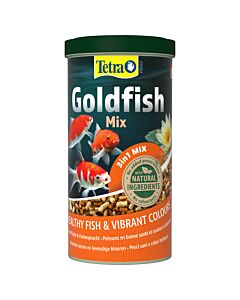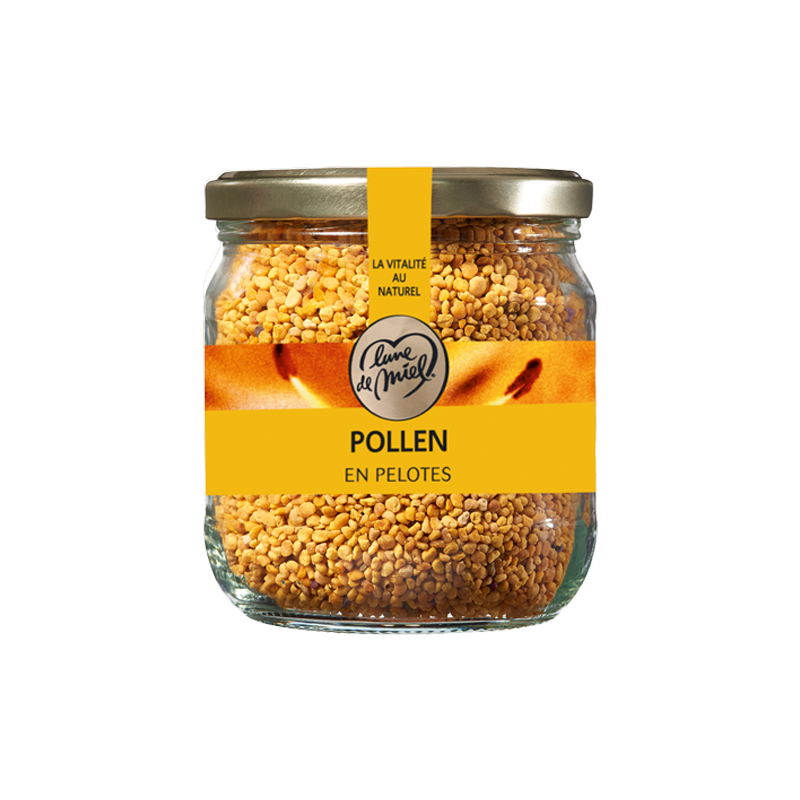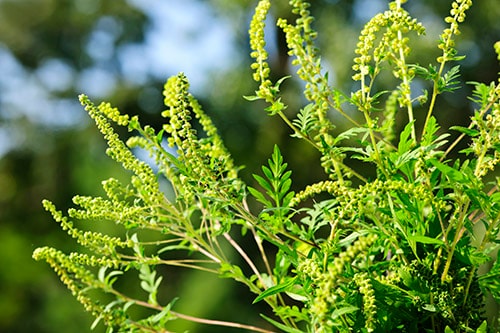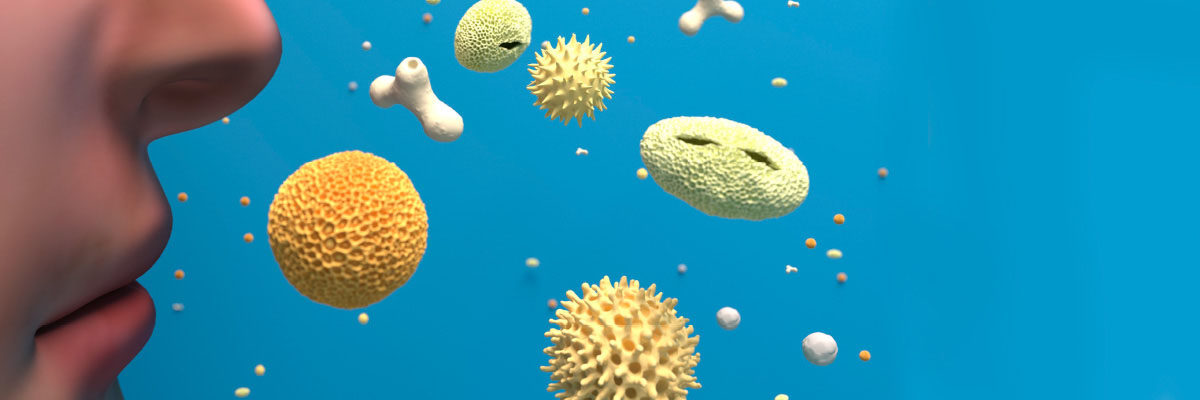Tiny Fossils, Big Insight; How We Can Use Fossil Pollen to Understand Earth's Climate History, Smithsonian Voices
:focal(462x464:463x465)/https://tf-cmsv2-smithsonianmag-media.s3.amazonaws.com/blogging/featured/Pollen_2_SEM.jpg)
As a palynologist, I study microscopic fossil spores and pollen that were produced by plants for reproduction. Pollen is highly important to the future of every plant and is made of an incredibly resilient substance (sporopollenin) ensuring that pollen can be preserved in rocks for hundreds of millions of years.

New Mexico Footprints Oldest Sign Of Humans In Americas, Evidence

Review: Biogeographic and environmental history of Fagus and beech
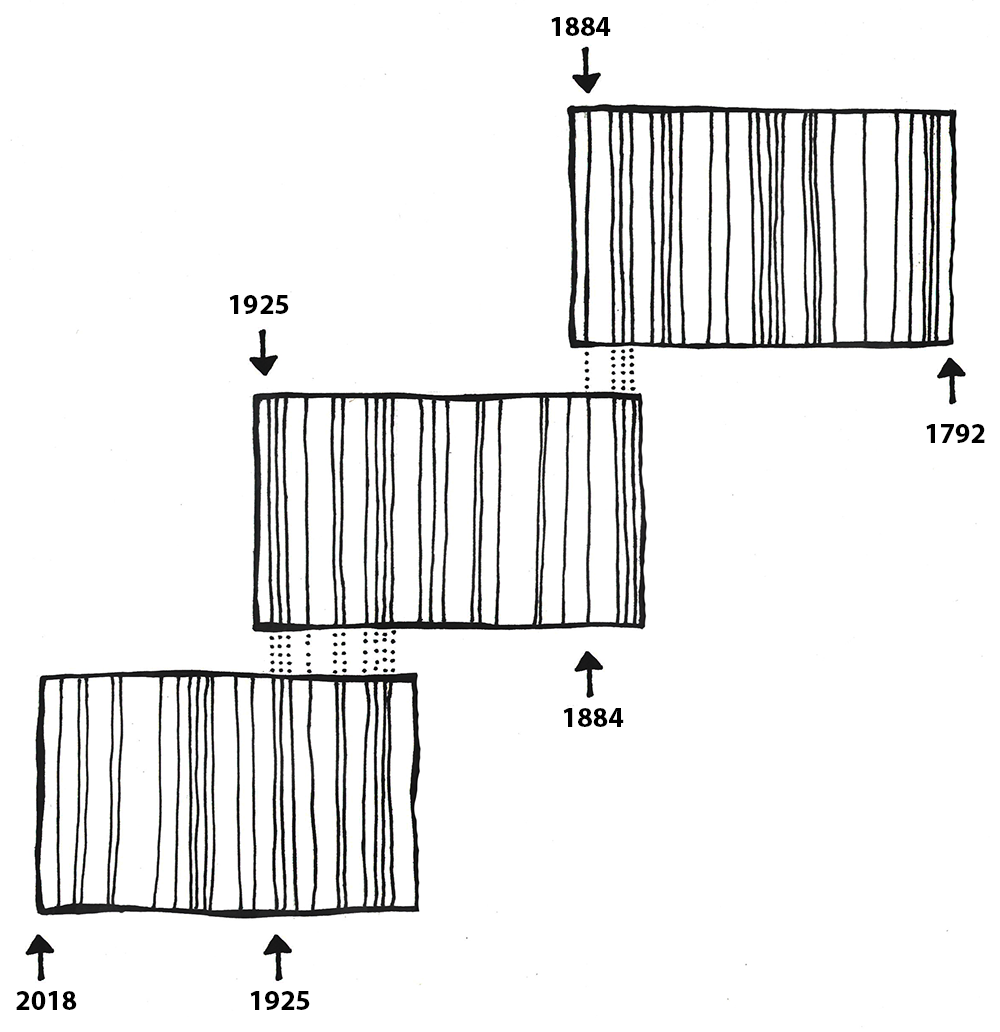
Stones and Bones: Studying the Fossil Record – Explorations: An
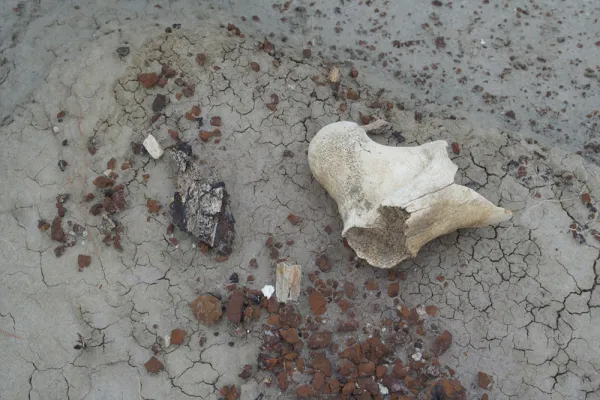
Fossilization - How Fossils Form Smithsonian National Museum of
:focal(2016x1517:2017x1518)/https://tf-cmsv2-smithsonianmag-media.s3.amazonaws.com/filer_public/f6/0a/f60ae8ce-c6a8-4cf9-b0a1-9a27dbb822f7/2_196759607rv.jpg)
Office of Academic Appointments and Internships Blog

PDF) Palaeobiology and Geobiology of Fossil Lagerstätten through

How do tiny fossils help us learn about past climates?

Fossil pollen helps us understand changes in Asia´s ecosystem over
/cdn.vox-cdn.com/uploads/chorus_asset/file/23211141/GettyImages_1189640694.jpg)
Climate change: What fossils and paleontology say about Earth's
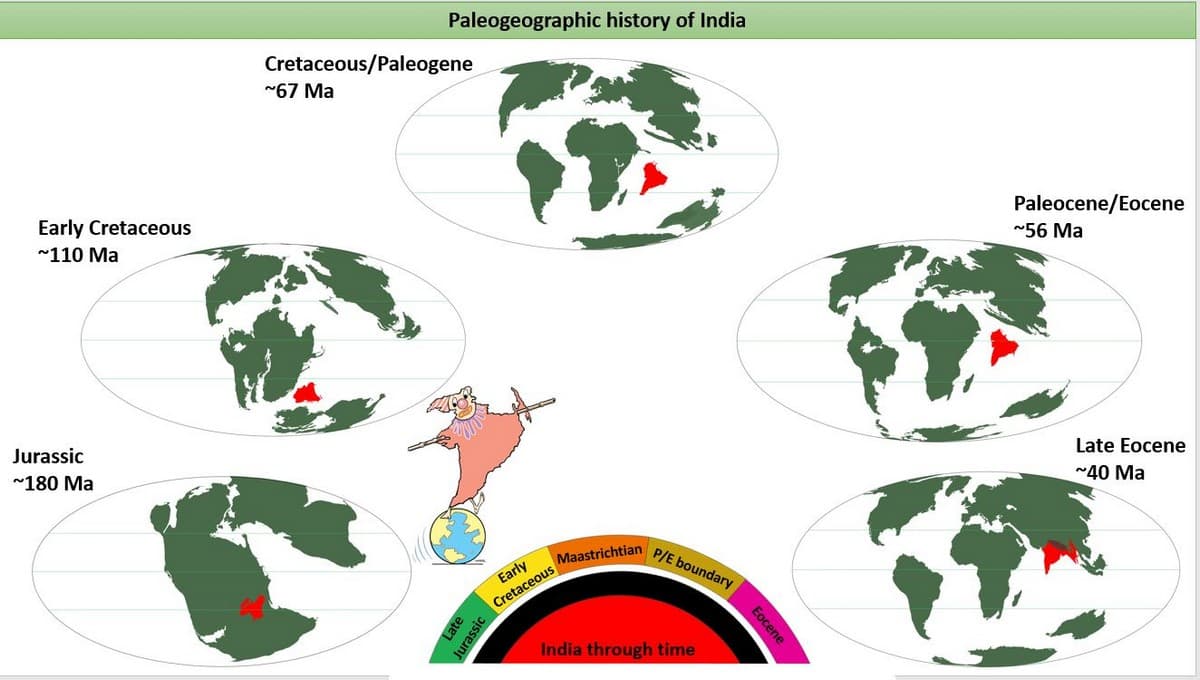
Fossil Pollen: Microscopic Windows into the Planet's Geological
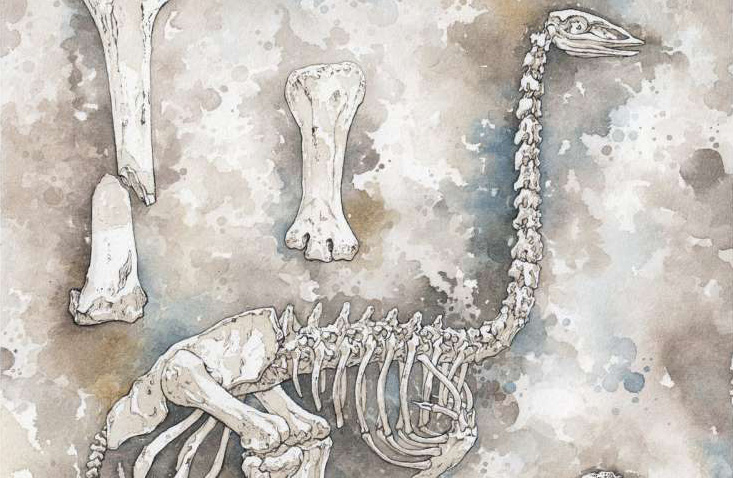
Bird Fossils - Crystalinks

Understanding the Fossil Context – Explorations




